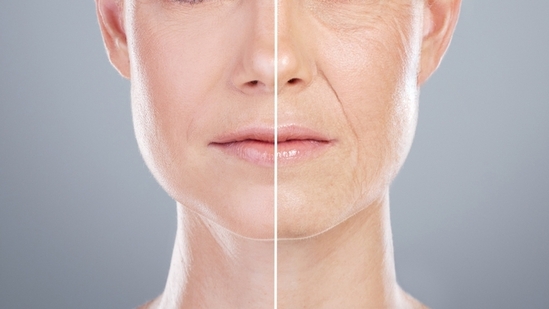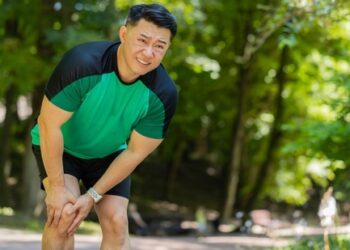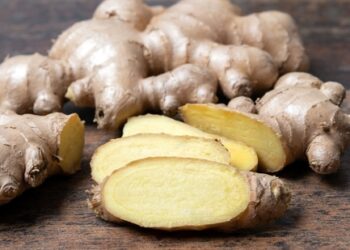A groundbreaking study led by Dr. Qiuyi Wang and Dr. Zi Wang from Osaka University has revealed that the actual age of a person’s body might be different from their chronological age. By analyzing steroid hormones in the bloodstream, researchers have developed a model that determines biological age, shedding light on how stress and other factors influence ageing.
Findings of the Study
Published in Science Advances, the study utilized artificial intelligence to examine blood samples and assess the true biological age of participants. Scientists have long suspected a disparity between the number of years a person has lived and how their body ages. By understanding these differences, researchers can better identify age-related diseases and develop personalized treatment plans.
The study examined 148 individuals aged between 20 and 73 years. Each participant provided five drops of blood, from which 22 different steroid hormones were measured using an advanced technique known as liquid chromatography-tandem mass spectrometry. The results also revealed gender-based differences in hormone patterns.
How Stress Affects Ageing
One of the most striking findings of the study was the role of stress in accelerating the ageing process. Dr. Qiuyi Wang, co-first author of the study, explained, “Our bodies rely on hormones to maintain homeostasis, so we thought, why not use these as key indicators of ageing?”
Cortisol, commonly known as the stress hormone, was found to significantly impact biological ageing. Increased cortisol levels were linked to faster ageing, reinforcing the idea that chronic stress takes a measurable toll on the body.
Professor Toshifumi Takao, an expert in analytical chemistry and mass spectrometry and a corresponding author of the study, emphasized the importance of these findings. “Stress is often discussed in general terms, but our research provides concrete evidence that it has a measurable impact on biological ageing.”
Implications of the Study
The study’s results pave the way for more personalized approaches to health and ageing. By identifying individuals whose biological age is significantly higher than their chronological age, healthcare professionals can intervene earlier to prevent age-related diseases.
The findings also highlight the need for stress management strategies as a vital component of healthy ageing. Practices such as mindfulness, exercise, and proper sleep could play a crucial role in slowing down the ageing process.
This research opens new possibilities for the future of longevity studies, emphasizing that age is more than just a number—it’s a complex interaction of hormones, stress, and lifestyle choices.








 India
India












